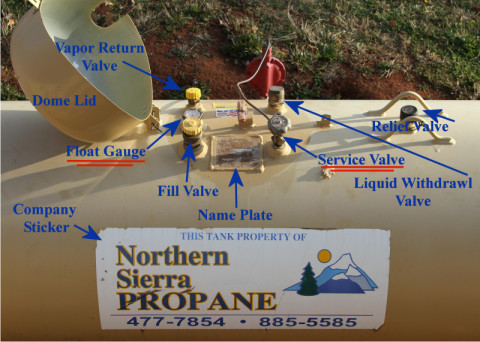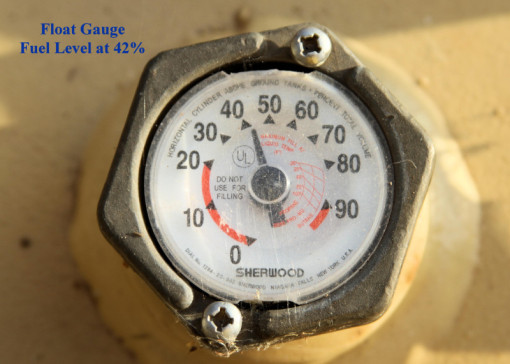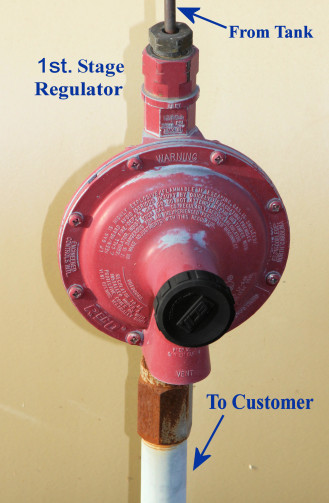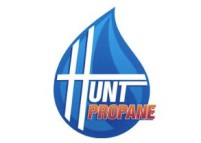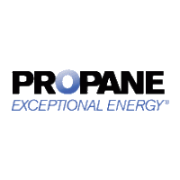
Propane - First Things First
When you venture out to the propane tank, check for a sticker or something that identifies the company servicing the tank. If there are no stickers on the tank, open the dome and see if there is anything identifying a propane gas company such as a tag, sticker or something that gives the name and number of a propane company. This will give an indication of who (or what company) is familiar with your tank and LP Gas system. Most propane companies keep records of tanks that they serve by location and by the tank's serial number.
Other firsts for new propane users after inspecting the tank and based on individual situations include:
- If you rent the home, contact your landlord for information about the propane company servicing the tank.
- If you bought the home, contact the propane company servicing the tank, provided you have that information.
- VERY IMPORTANT - When the gas delivery is made, have the driver show you what propane smells like.
Knowing what propane smells like will help you know if there is ever a leak in the LP Gas system. Don't be overwhelmed or feel unsafe by seeing a propane tank on your property...there's nothing to be afraid of. Contrary to first-time propane user beliefs, propane tanks do not explode. Look around this site to see that propane is safe and reliable when understood and respected, just like electricity or natural gas.
What is Propane?
Propane is a hydrocarbon (C3H8) that is produced from both natural gas processing and crude oil refining. It is nontoxic and colorless. Propane is an approved, alternative clean fuel listed in the 1990 Clean Air Act as well as the National Energy Policy Act of 1992. Propane is used by more than 14 million families to fuel their furnaces, water heaters, outdoor grills, fireplaces, dryers and range tops. Propane is easy to transport and can be used in areas beyond the natural gas mains.
Why Choose Propane?
Propane heats comfortably and fuels most major home appliances from your water heater to your gas fireplace. It is an environmentally friendly, efficient, and economic alternative to costly oil or electric energy.
- How do I open an account with Northern Sierra Propane, Inc.?
- Contact our office by telephone and one of our office staff will be happy to walk you through the process of opening an account
- Fill out our online form and one of our office staff will contact you
- How do I pay my bill?
- We accept cash, check, money order, Visa, Discover, American Express and MasterCard
- Budget Plan Payments
- Credit Card By Phone
- Automatic Credit Card Payments
- How to check and monitor the amount of fuel left in my propane tank?
- Tanks of 50-gallon capacity or larger have a float gauge (see photos on this page). The gauge is located on the top of the tank, under the liftable lid. The tank gauge reads in percentages from 0% to 100% with 80% being full.
- Please follow the link below to answer any other questions you may have about Propane.
